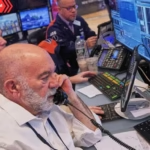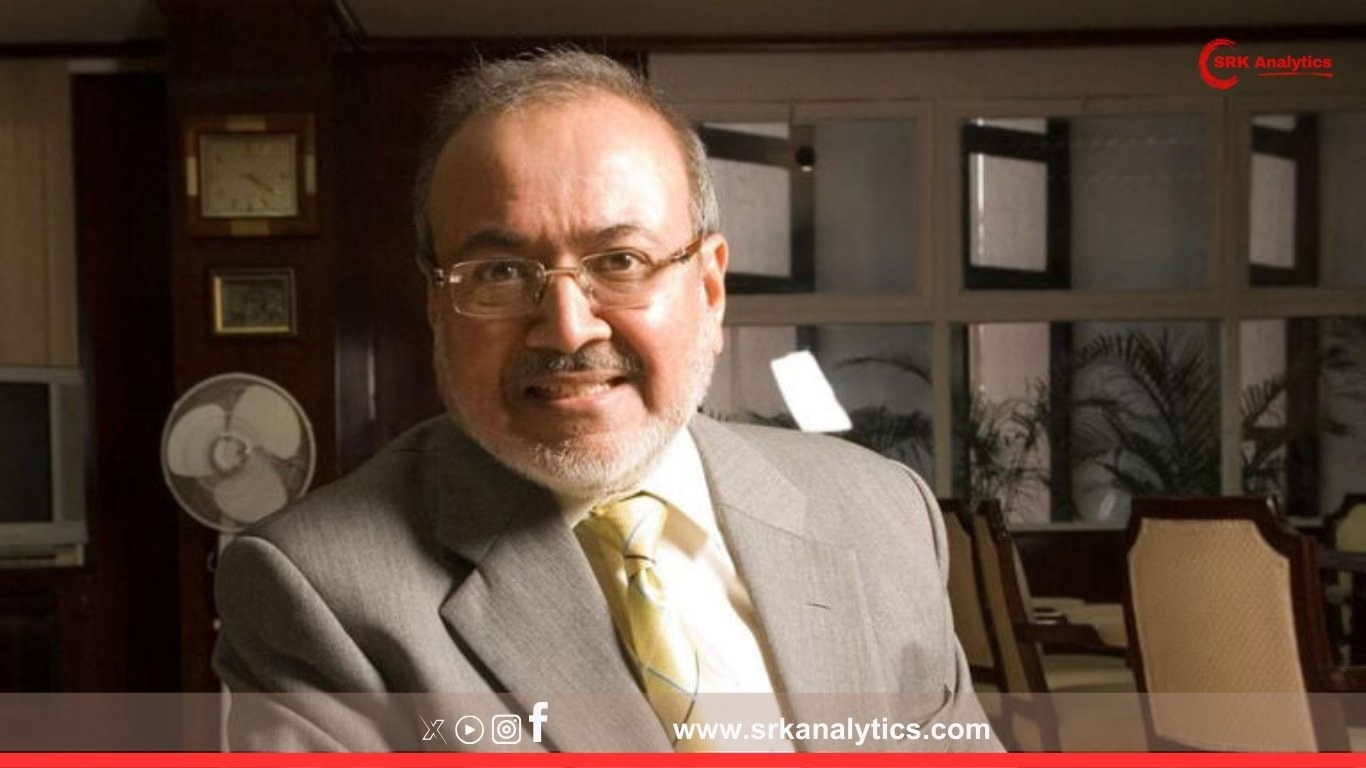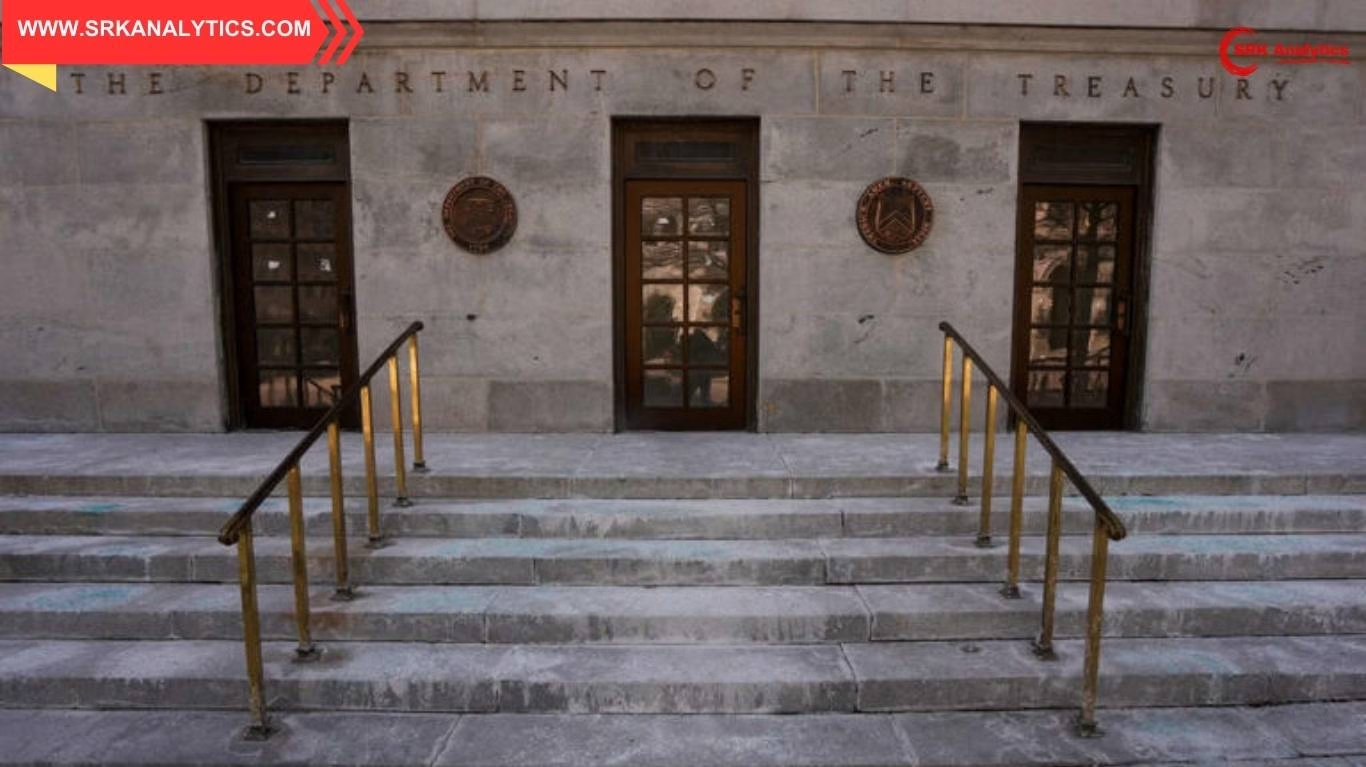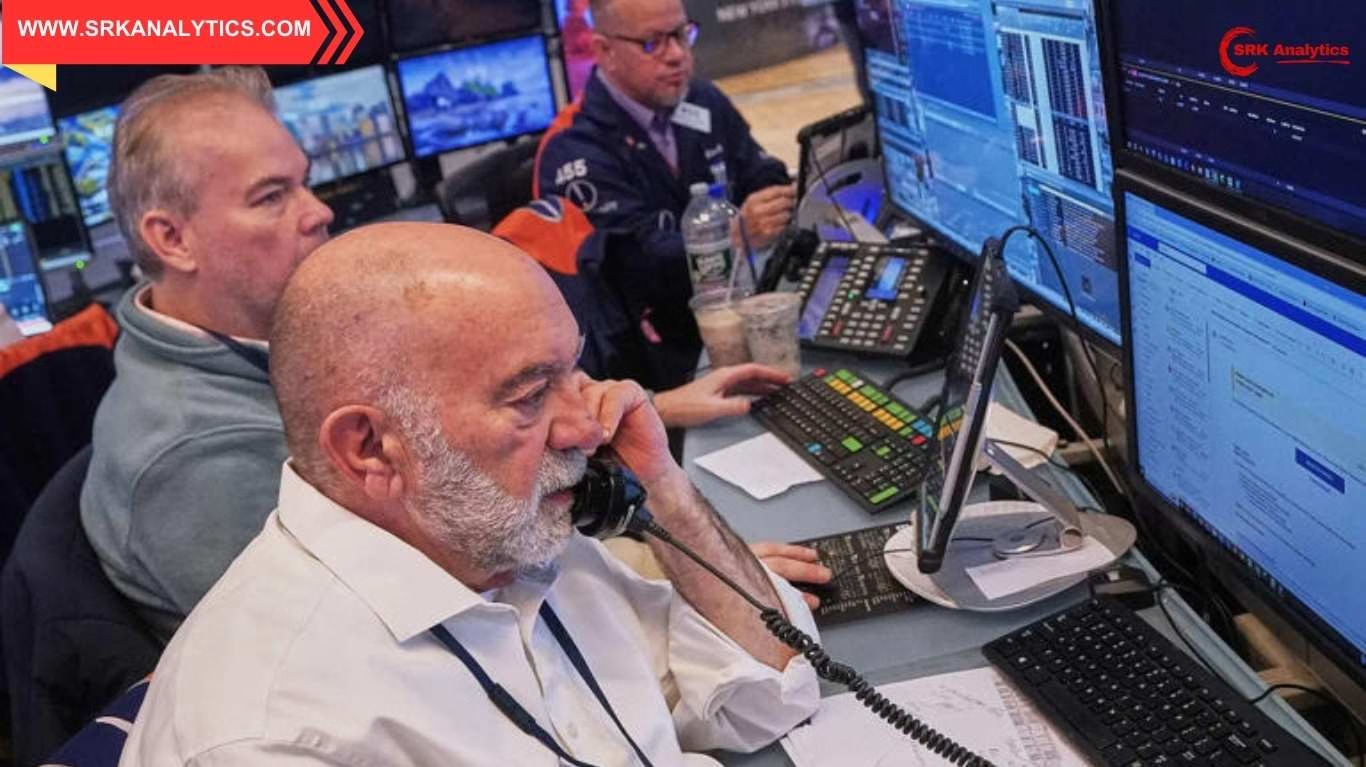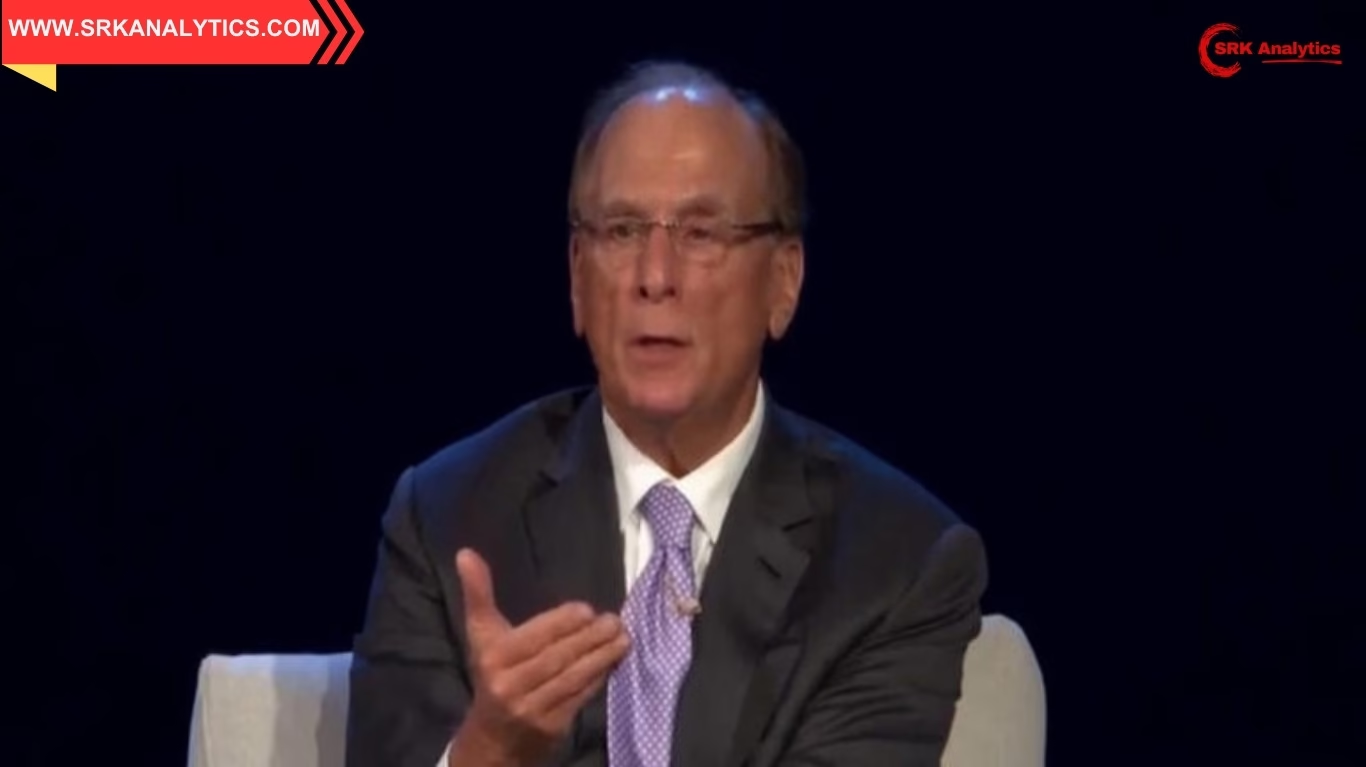In a significant strategic realignment, Indian pharmaceutical major Wockhardt has announced its exit from the US generics market, marking an end to its long and challenging journey in the world’s largest pharmaceutical space. The decision aligns with the company’s renewed focus on sterile injectables, high-value speciality products, and global partnerships in Europe, India, and emerging markets.
Why Has Wockhardt Exited The US Generics Market?
The US generics business, once a high-margin opportunity, has witnessed drastic price erosion, intense competition, and regulatory compliance costs over the past decade. For Wockhardt, these headwinds became unsustainable due to:
- Persistent pricing pressures from consolidated US pharmacy benefit managers (PBMs) and distributors.
- Regulatory challenges, including warning letters and import alerts from the USFDA on some manufacturing facilities, limiting approvals and supply continuity.
- High operational costs with reduced profitability in oral solid generics.
- Strategic reorientation towards complex injectables and novel drug delivery systems where competition is lower and margins are higher.
Business Transition Details
Wockhardt has transferred its US generic product portfolio, along with associated assets, to a third party (identity undisclosed as per early reports). The company stated:
“Our decision to exit the commoditised US generics market will enable sharper focus on our global sterile injectables business, innovation-led products, and strategic alliances in India, the UK, and emerging markets.”
Historical Context: Wockhardt’s US Generics Journey
- Early 2000s: Entered US generics with acquisitions and pipeline filings, targeting oral solids.
- 2013-2015: Faced multiple USFDA regulatory warnings on manufacturing plants leading to import alerts, notably at its Chikalthana and Waluj facilities.
- 2016-2020: Reduced filings and investments in US generics; pivoted towards injectables and global supply partnerships.
- 2023-2025: Scaled down portfolio and operations gradually, culminating in this formal exit.
Financial Impact
While Wockhardt has not disclosed exact deal value, analysts estimate the US generics business contributed less than 10% to its consolidated revenues in FY2024 due to prior de-growth. The exit is expected to:
- Improve overall profitability by eliminating loss-making segments.
- Free up working capital locked in receivables and inventories for US operations.
- Allow reallocation of R&D investments towards sterile injectables, biosimilars, and specialty products.
Estimated US Generics Contribution Over Years
| Fiscal Year | US Generics Revenue (₹ Cr) | % of Total Revenue | Trend |
|---|---|---|---|
| FY2015 | 1,200 | 28% | Peak |
| FY2018 | 700 | 18% | Declining |
| FY2021 | 410 | 10% | Further decline |
| FY2024 | ~250 | <10% | Near exit |
Strategic Focus Ahead
Post exit, Wockhardt’s growth will centre on:
- Sterile Injectables Business: Its UK manufacturing units supply critical injectable drugs to the NHS and European hospitals, with expansion into new antibiotic and specialty injectable launches.
- India Market: Strengthening branded generics and injectables portfolios for domestic growth.
- Global Partnerships: Contract manufacturing, licensing deals, and supply agreements with global pharma for specialty drugs, including vaccines and complex generics.
- Innovation: Developing next-generation antibiotics and exploring biosimilars for regulated markets.
Management Commentary
Chairman Habil Khorakiwala emphasised:
“This strategic exit is a difficult but essential decision to optimise our resource deployment. The US generic oral solids market is not core to our growth model anymore. We will invest in sterile injectables, global alliances, and innovation-led therapies where we have strong competitive advantages.”
Industry Perspective
The move mirrors broader trends where several Indian pharmaceutical companies are rethinking US generics strategies due to:
- Severe price erosion driven by supply glut and buyer consolidation.
- High compliance and operational costs for maintaining USFDA standards.
- Shift towards complex generics, specialty formulations, injectables, and biosimilars for better margins.
Companies like Aurobindo Pharma and Lupin have also reduced focus on commoditised oral solids to prioritise injectables and respiratory segments.
Market Reaction
Wockhardt shares rose over 3% post announcement, with analysts viewing the exit as a positive margin-accretive move in the long term, despite near-term revenue reduction.
Motilal Oswal Pharma analyst stated:
“Wockhardt’s US generics exit removes a chronic drag on earnings. Its global injectables and Europe business remain strong and will drive growth.”
Challenges Ahead
While the strategic focus is clear, Wockhardt faces challenges:
- Execution of new pipeline launches in injectables and novel antibiotics to replace lost revenues.
- Maintaining compliance excellence in sterile manufacturing, a highly regulated segment.
- Debt servicing, as the company still carries significant leverage that will require robust cash flows.
The Road Ahead
Going forward, Wockhardt plans to:
- Expand capacity at its UK and Indian injectable plants.
- Launch new patented antibiotic combinations for critical care.
- Explore licensing partnerships in Southeast Asia, Africa, and LATAM for its specialty portfolio.
- Enhance operational efficiency through digital supply chain and manufacturing automation.
Conclusion
Wockhardt’s exit from the US generics business marks the end of an era but signals a pragmatic shift towards future-ready segments. With a renewed focus on sterile injectables, innovation, and global alliances, the company aims to rebuild growth momentum, improve margins, and position itself as a niche pharmaceutical player in a rapidly evolving global market.
Disclaimer: This article is for informational purposes only. It does not constitute investment advice, stock recommendations, or financial analysis. Readers are advised to consult their financial advisors before making any investment decisions.



